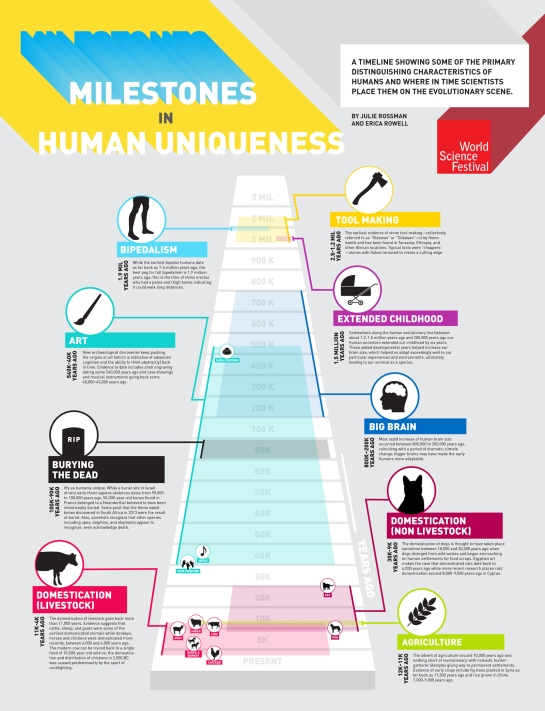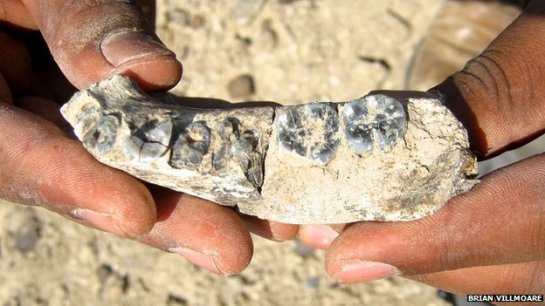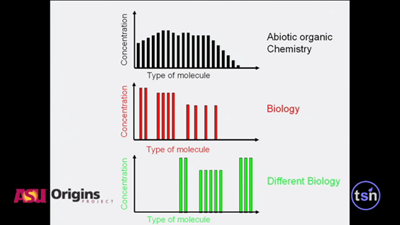Source: http://thesciencenetwork.org/programs/the-great-debate

The Great Debate – Can Science Tell Us Right From Wrong?
On November 6th, 2010 a panel of renowned scientists, philosophers, and public intellectuals gathered to discuss what impact evolutionary theory and advances in neuroscience might have on traditional concepts of morality. If human morality is an evolutionary adaptation and if neuroscientists can identify specific brain circuitry governing moral judgment, can scientists determine what is, in fact, right and wrong? The panelists were psychologist Steven Pinker, author Sam Harris, philosopher Patricia Churchland, physicist Lawrence Krauss, philosopher Simon Blackburn, bioethicist Peter Singer and The Science Network’s Roger Bingham.
Recorded live at the Arizona State University Gammage auditorium.
“The Great Debate” was sponsored by the ASU Origins Project in collaboration with the ASU Sandra Day O’Connor College of Law Center for Law, Science and Innovation; the Faculty of Philosophy at the University of Cambridge; and The Science Network.

Speakers: Steven Pinker, Sam Harris, Patricia Churchland, Lawrence Krauss, Simon Blackburn, Peter Singer and Roger Bingham
Run Time: 42 minutes
A lively panel discussion between Sam Harris, Patricia Smith Churchland, Peter Singer, Lawrence Krauss, Simon Blackburn, Steven Pinker, and Roger Bingham. If human morality is an evolutionary adaptation and if neuroscientists can identify specific brain circuitry governing moral judgment, can scientists determine what is, in fact, right and wrong?

Run Time: 19 minutes
Speaker: Sam Harris is the author of the New York Times bestsellers “The Moral Landscape: How Science Can Determine Human Values,” “The End of Faith” and “Letter to a Christian Nation.” “The End of Faith” won the 2005 PEN Award for Nonfiction. Harris has a doctorate in neuroscience from UCLA and a degree in philosophy from Stanford University. He is a co-founder and CEO of Project Reason, a nonprofit foundation devoted to spreading scientific knowledge and secular values in society.
Talk: Sam Harries claims that there is no gap between facts and values. Once evolution gave us beings with experience which can vary within the limits of biology,the upshot was morality. Moral Good could simply be defined as the well-being of conscious beings (humans and animals).

Run Time: 14 minutes
Speaker: Patricia Smith Churchland is a Professor Emerita of Philosophy at the University of California, San Diego. She is also an adjunct faculty member at the Salk Institute for Biological Studies. Her research focuses on the interface between neuroscience and philosophy. Her books include “Brain-Wise: Studies in Neurophilosophy,” ”Neurophilosophy: Toward a Unified Science of the Mind-Brain” and “On the Contrary: Critical Essays 1987-1997,” with husband Paul M. Churchland. Her newest book, “Braintrust: What Neuroscience Tells Us About Morality,” is due out in spring 2011.
Talk: There is one end of the spectrum where it is easy to make value judgments based on facts, but there are scenarios where it is much more difficult. Having more facts might help but in some cases it is just a difference in value rather than facts. For instance, interventionist approach to do good which might actually make the situation worse, academic arrogance might lead to silliness etc..

Run Time: 14 minutes
Speaker: Peter Singer is the Ira W. DeCamp Professor of Bioethics at Princeton University. He is also a Laureate Professor at the University of Melbourne. Singer first became well-known internationally after the publication of “Animal Liberation: A New Ethics for Our Treatment of Animals.” His latest books include “The Life You Can Save: How to Do Your Part to End World Poverty” and “The Life You Can Save: Acting now to end world poverty.” Singer was the founding president of the International Association of Bioethics, and with Helga Kuhse, founding co-editor of the journal Bioethics. Outside academic life, he is the co-founder and president of The Great Ape Project, an international effort to obtain basic rights for chimpanzees, gorillas and orangutans. He is also president of Animal Rights International.
Talk: Peter makes the case the science can’t tell us right from wrong, though it does provide us with information which helps in making moral decisions. If Darwin is right, than it is a proof that might is right, one said. But we as humans don’t want to stick to the moral inclinations which are a result of evolution, rather we want to transcend them. Moreover, science cannot give us moral premises.

Run Time: 14 minutes
Speaker: Lawrence Krauss is a Foundation Professor in the School of Earth and Space Exploration and Department of Physics in ASU’s College of Liberal Arts and Sciences. He also is director of the ASU Origins Project. He is the only physicist to have received the highest awards from all three major U.S. professional physics societies. His popular publications include “The Physics of Star Trek,” “Quintessence,” “Atom,” “Hiding in the Mirror,” and due out in 2011, “Quantum Man: Richard Feynman’s Life in Science” and “A Universe from Nothing.”
Talk: It is not possible to tell right from wrong without science, because it provides the crucial information required to make these decisions and it is the only method to explore the actual world. We can ask actual questions like does putting a woman in bag makes her more happy and get answers.

Run Time: 12 minutes
Speaker: Simon Blackburn is the Bertrand Russell Professor of Philosophy at the University of Cambridge and Fellow of Trinity College. He is also a visiting distinguished research professor at the University of North Carolina, Chapel Hill. Blackburn has written extensively on the philosophy of mind, language and psychology. Among his latest works are “Practical Tortoise Raising and Other Philosophical Essays,” “The Big Questions: Philosophy” and “How to Read Hume.”
Talk: Science can inform us in making moral judgments but it cannot answer our moral questions. It can’t tell us whether Buddha is right in giving up all desires. It can’t tell whether to take our kids to holiday or denote to save lives in Africa.

Run Time: 12 minutes
Speaker: Steven Pinker is Harvard College Professor and Johnstone Family Professor of Psychology at Harvard. His research is on visual cognition and the psychology of language. Among his books are “The Language Instinct,” “How the Mind Works” and “The Blank Slate.” He has been named Humanist of the Year, and is listed in Foreign Policy and Prospect magazine’s “The World’s Top 100 Public Intellectuals” and in Time magazine’s “The 100 Most Influential People in the World Today.” His latest book is “The Stuff of Thought: Language as a Window into Human Nature.”
Talk: Religion cannot tell us right from wrong. Dogma, scripture, authority or subjective certainty are pathetic reasons to believe in something to be good. Such dogma has caused a lot of suffering like human sacrifice prevalent in religious societies, witch hunt, harsh punishments for petty crimes etc.. Reasoning tells us what’s right and wrong, which is not part of science as the term is generally understood, but could be included in science if we take a broad definition.
Last four hundred years of history shows us that there is definite in progress morality due to the raise of science.





















